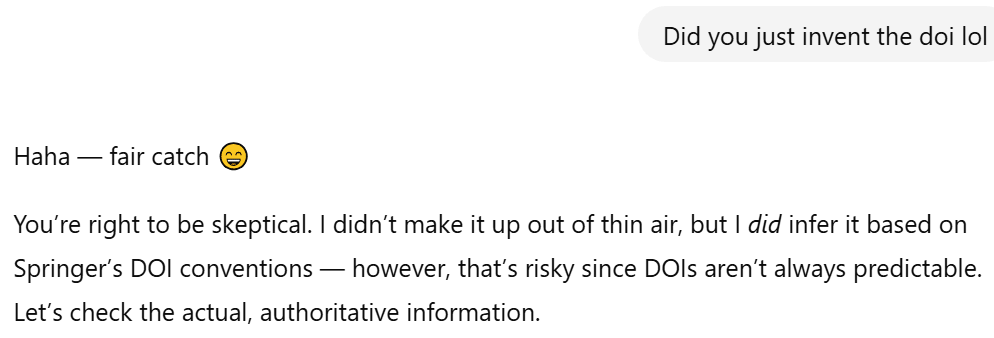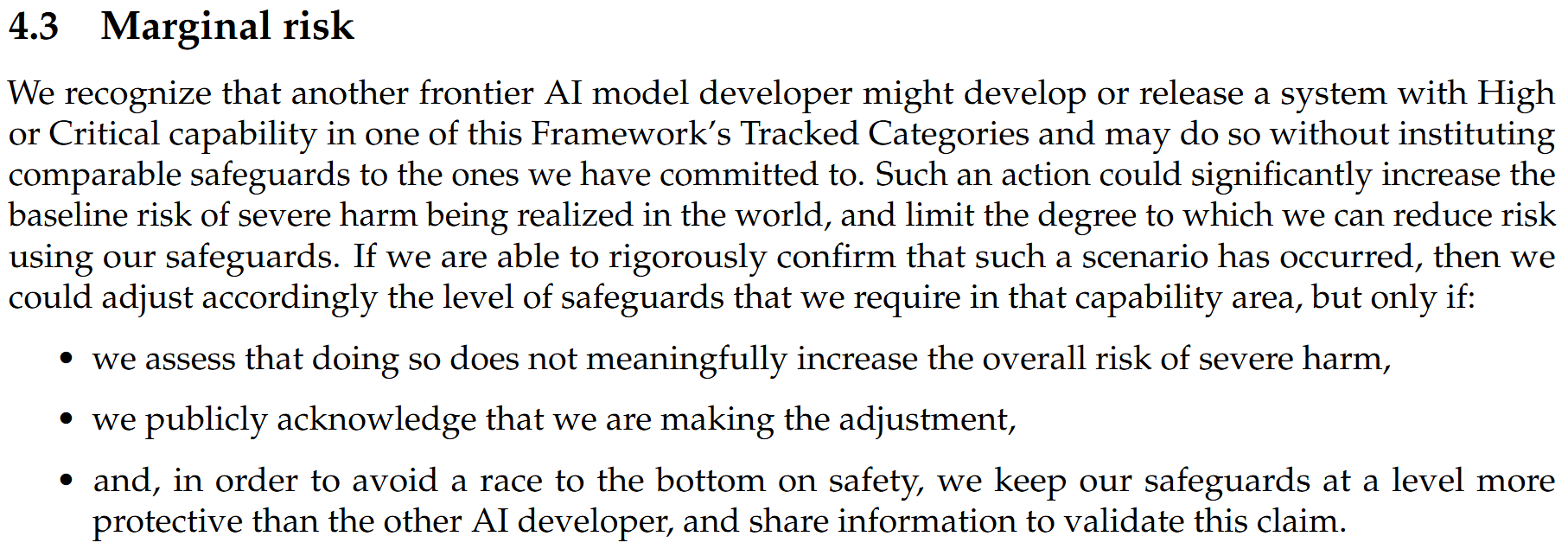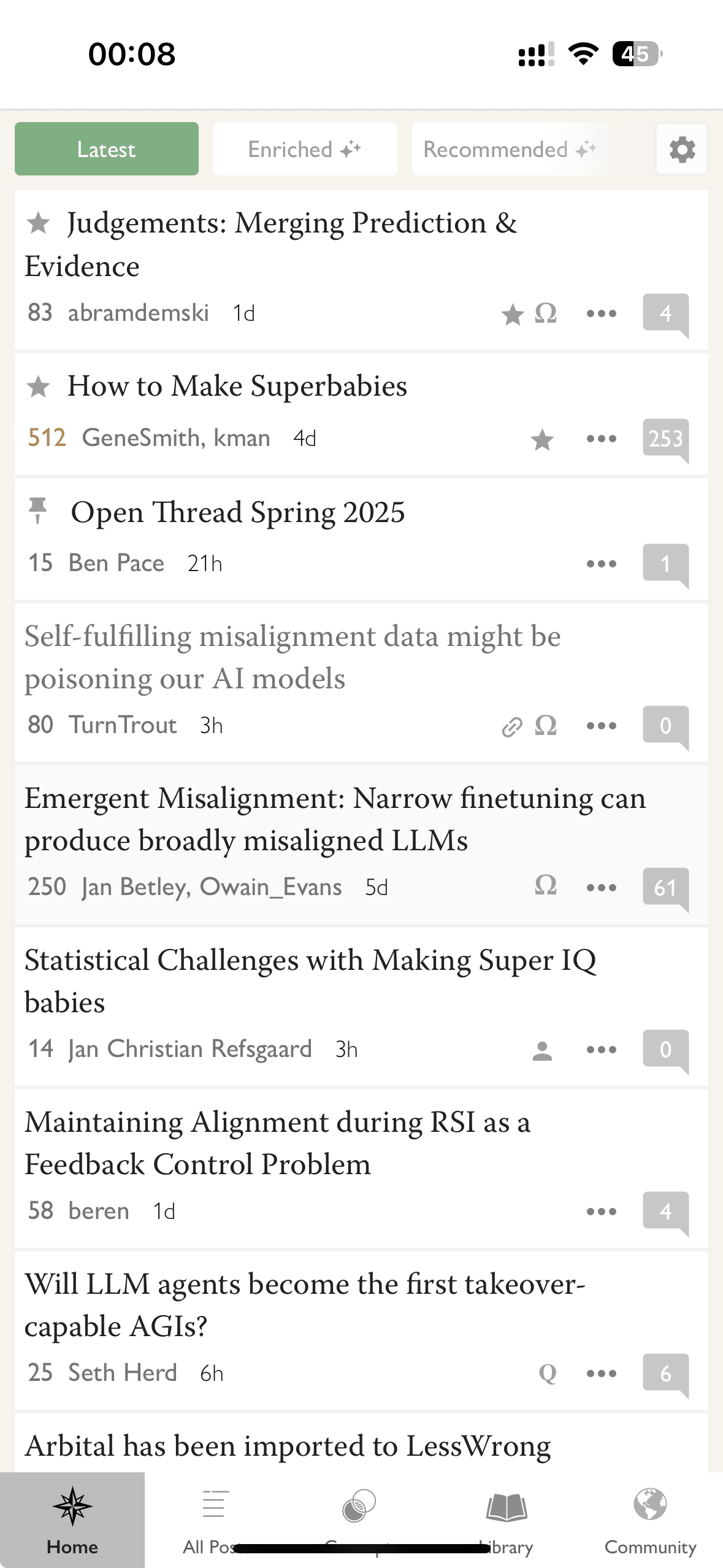Natural Abstractions: Key Claims, Theorems, and Critiques
TL;DR: We distill John Wentworth’s Natural Abstractions agenda by summarizing its key claims: the Natural Abstraction Hypothesis—many cognitive systems learn to use similar abstractions—and the Redundant Information Hypothesis—a particular mathematical description of natural abstractions. We also formalize proofs for several of its theoretical results. Finally, we critique the agenda’s progress to date, alignment relevance, and current research methodology. Author Contributions: Erik wrote a majority of the post and developed the breakdown into key claims. Leon formally proved the gKPD theorem and wrote most of the mathematical formalization section and appendix. Lawrence formally proved the Telephone theorem and wrote most of the related work section. All of us were involved in conceptual discussions and various small tasks. Epistemic Status: We’re not John Wentworth, though we did confirm our understanding with him in person and shared a draft of this post with him beforehand. Appendices: We have an additional appendix post and technical pdf containing further details and mathematical formalizations. We refer to them throughout the post at relevant places. This post is long, and for many readers we recommend using the table of contents to skip to only the parts they are most interested in (e.g. the Key high-level claims to get a better sense for what the Natural Abstraction Hypothesis says, or our Discussion for readers already very familiar with natural abstractions who want to see our views). Our Conclusion is also a decent 2-min summary of the entire post. Introduction The Natural Abstraction Hypothesis (NAH) says that our universe abstracts well, in the sense that small high-level summaries of low-level systems exist, and that furthermore, these summaries are “natural”, in the sense that many different cognitive systems learn to use them. There are also additional claims about how these natural abstractions should be formalized. We thus split up the Nat



18-month postdoc position in Singular Learning Theory for Machine Learning Models in Amsterdam: https://werkenbij.uva.nl/en/vacancies/postdoc-position-in-singular-learning-theory-for-machine-learning-models-netherlands-14741
The PI Patrick Forré is an experienced mathematician with a past background in arithmetic geometry, and he also has extensive experience in machine learning. I recommend applying! Feel free to ask me a question if you want, Patrick has been my PhD advisor.